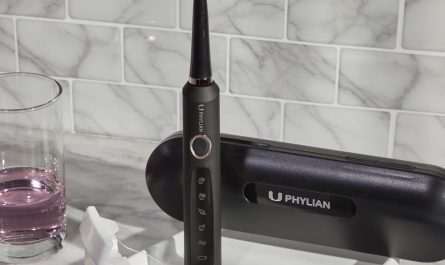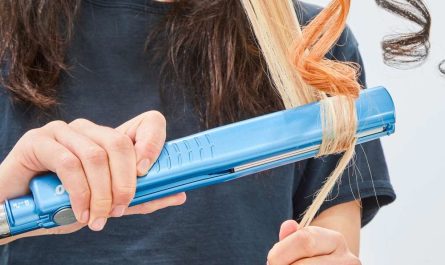Introduction
Choosing the right toothbrush is crucial for maintaining good oral hygiene. When considering electric or battery-operated toothbrushes, individuals often wonder which option is better. In this article, we will compare the two types of toothbrushes, exploring their features, benefits, and potential drawbacks. By understanding the specifics of electric and battery-operated toothbrushes, individuals can make an informed decision about which type suits their oral care needs.
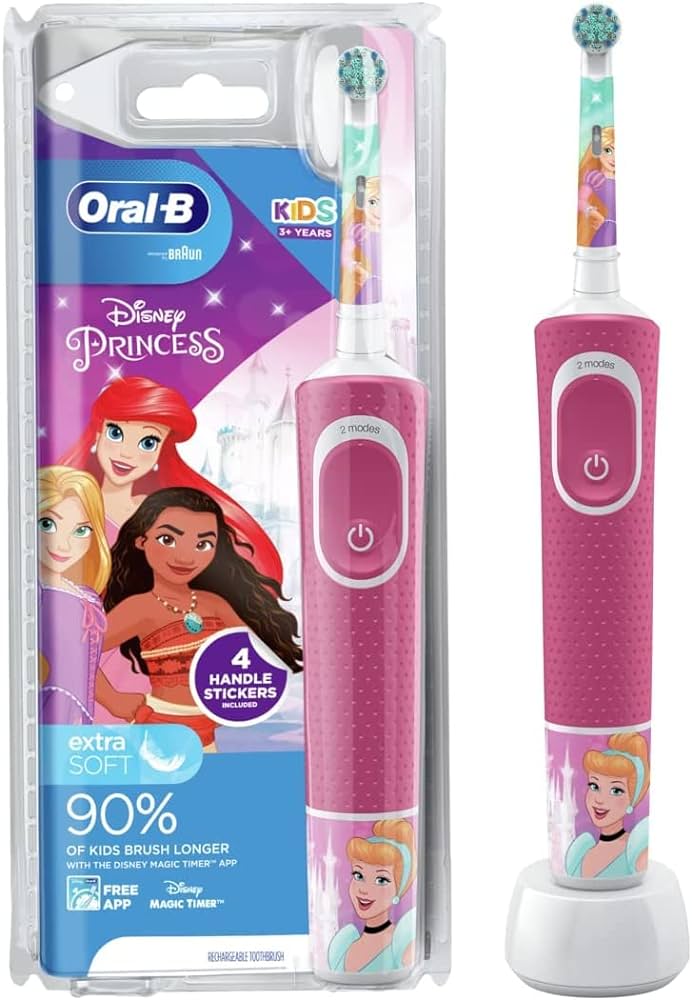
Which is better electric or battery operated toothbrush?
Electric toothbrushes
Electric toothbrushes are powered by electricity and offer several features that can enhance oral care routines. Consider the following factors:
Power and speed: Electric toothbrushes have a high-powered motor that generates rapid brush head movements. This rapid movement, typically ranging from 6,000 to 40,000 brush strokes per minute, helps effectively clean teeth and remove plaque.
Built-in timers: Many electric toothbrushes come with built-in timers that ensure individuals brush their teeth for the recommended two minutes. Some models even divide the mouth into quadrants, signaling when it’s time to move to the next section.
Pressure sensors: Some electric toothbrushes include pressure sensors that alert users when they are applying excessive force during brushing. This feature helps prevent potential damage to gums and tooth enamel.
Specialized brush heads: Electric toothbrushes often offer a wide range of interchangeable brush heads, including options for sensitive teeth, gum care, whitening, and orthodontic braces. These specialized brush heads cater to specific oral care needs.
Solution: Electric toothbrushes provide powerful brushing action, built-in timers, pressure sensors, and a variety of specialized brush heads to enhance oral care routines.
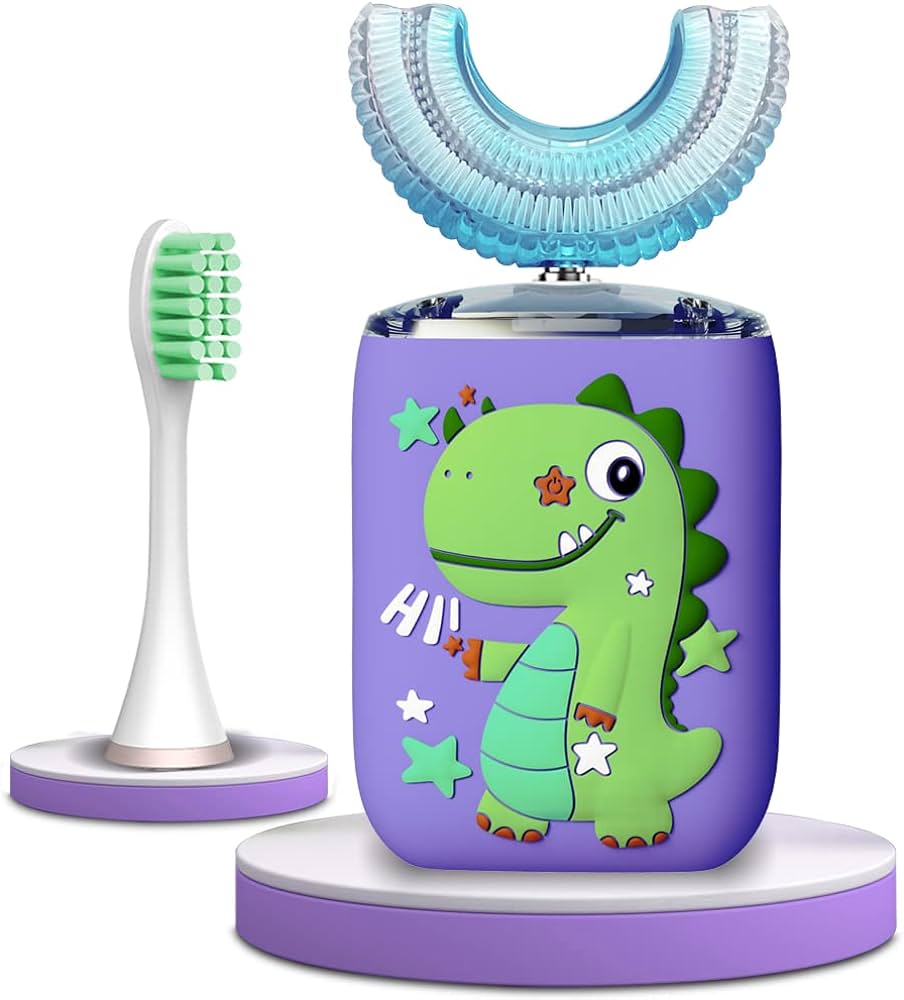
Battery-operated toothbrushes
Battery-operated toothbrushes are similar to manual toothbrushes but with an added power source. Consider the following factors:
Power source: Battery-operated toothbrushes use replaceable batteries to provide a vibrating or rotating motion to the brush head. The battery-powered motion helps enhance the effectiveness of brushing compared to manual toothbrushes.
Compact and portable: Battery-operated toothbrushes are generally lighter and more compact than electric toothbrushes. This makes them convenient for travel or on-the-go use.
Cost-effective: Battery-operated toothbrushes are often more affordable compared to electric toothbrushes, making them a budget-friendly option for individuals seeking an upgrade from manual brushing.
Solution: Battery-operated toothbrushes offer enhanced brushing compared to manual toothbrushes, portability, and affordability.
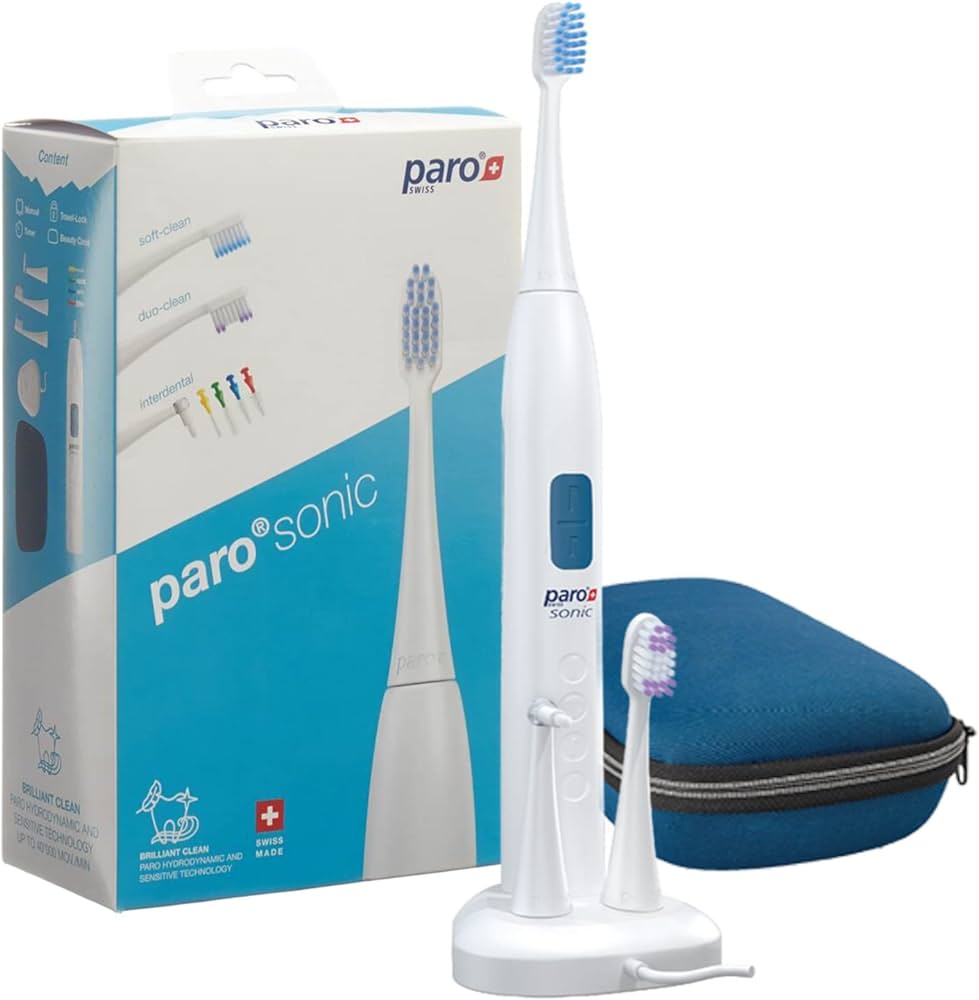
Comparing electric and battery-operated toothbrushes
To determine which type of toothbrush is better, it is important to compare their features, benefits, and potential drawbacks. Consider the following factors:
Cleaning effectiveness: Electric toothbrushes generally provide a more thorough cleaning compared to battery-operated toothbrushes. The high-powered motor and rapid brush head movements of electric toothbrushes help remove plaque more effectively.
Oral care customization: Electric toothbrushes offer a wider range of customizable options, such as brush head styles and specialized features like pressure sensors and timers. This allows individuals to tailor their oral care routine to meet their specific needs.
Cost: Battery-operated toothbrushes are typically more affordable than electric toothbrushes. However, electric toothbrushes may provide a better long-term investment due to their additional features and potential for improved oral health outcomes.
Portability: Battery-operated toothbrushes are more portable and convenient for travel, as they are lightweight and do not require a charging station like electric toothbrushes.
Maintenance: Both electric and battery-operated toothbrushes require regular replacement of brush heads or batteries. However, electric toothbrushes may have a wider availability of replacement brush heads due to their popularity.
Solution: While electric toothbrushes generally offer more advanced features and better cleaning effectiveness, battery-operated toothbrushes are more affordable and portable.
Choosing the right toothbrush for you
When deciding between electric and battery-operated toothbrushes, consider the following factors:
Oral care needs: Individuals with specific oral care needs, such as sensitive teeth, gum problems, or orthodontic appliances, may benefit from the specialized brush heads and features offered by electric toothbrushes.
Budget: Consider your budgetary constraints. Electric toothbrushes tend to have a higher upfront cost, but they may provide better long-term value due to their advanced features and potential improvements in oral health outcomes.
Travel habits: If you frequently travel or need a toothbrush for on-the-go use, the portability of a battery-operated toothbrush may be a more suitable option.
Personal preference: Ultimately, choosing the right toothbrush comes down to personal preference. Some individuals may prefer the sensation and features of an electric toothbrush, while others may find battery-operated toothbrushes sufficient for their needs.
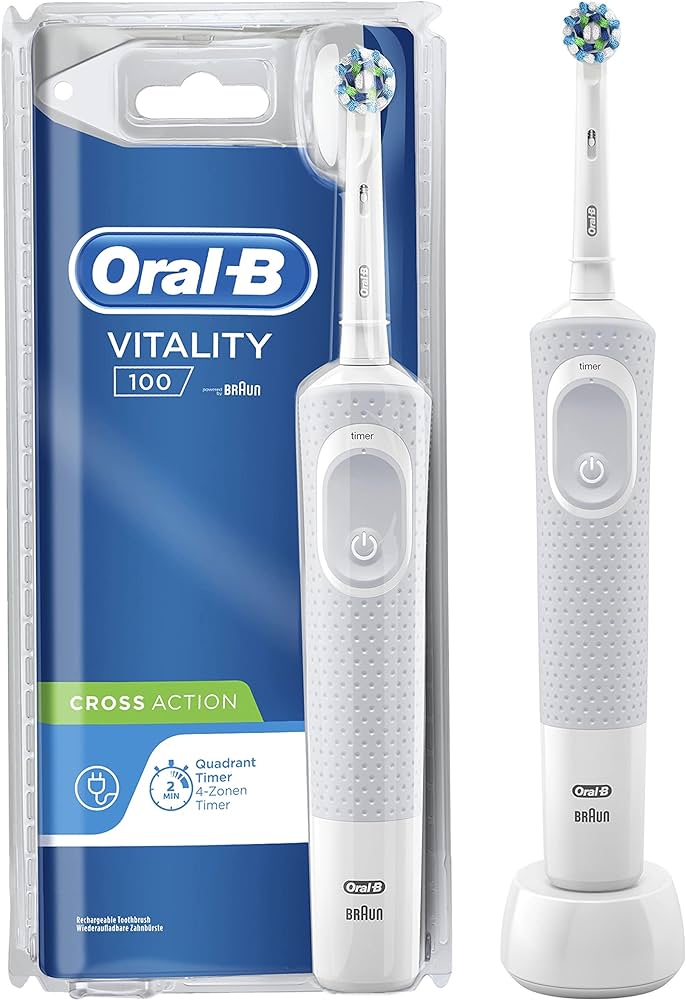
Maintenance and replacement
Regardless of whether you choose an electric or battery-operated toothbrush, it’s crucial to prioritize maintenance and regular replacement of brush heads or batteries. Consider the following factors:
Brush head replacement: Both electric and battery-operated toothbrushes require regular replacement of brush heads for optimal cleaning efficacy. It is recommended to replace brush heads every three to four months or sooner if the bristles become frayed. Some electric toothbrushes have reminder features that indicate when it’s time to replace the brush head.
Battery replacement: Battery-operated toothbrushes require periodic battery replacement. The frequency of battery replacement depends on the type of batteries used and the frequency of use. It’s important to follow the manufacturer’s guidelines and replace the batteries when necessary to maintain consistent power and brushing performance.
Cleaning and storage: Proper cleaning and storage of both electric and battery-operated toothbrushes are essential for maintaining good oral hygiene. Thoroughly rinse the brush head after each use and allow it to air dry. Store the toothbrush in an upright position to avoid moisture buildup and the growth of bacteria.
Expert recommendations
Dentists and oral health professionals often provide recommendations when it comes to choosing the right toothbrush. Consider the following expert advice:
Consult your dentist: Your dentist or dental hygienist can provide personalized recommendations based on your oral health needs. They can advise on whether an electric or battery-operated toothbrush is more suitable for you.
Prioritize technique: Regardless of the type of toothbrush you choose, proper brushing technique is crucial. Brush all surfaces of your teeth, including the front, back, and chewing surfaces. Use gentle, circular motions and angle the bristles towards the gum line.
Consider individual needs: Some individuals may benefit more from the features offered by electric toothbrushes, such as those with limited dexterity or orthodontic appliances. Others may find battery-operated toothbrushes sufficient for their oral care needs. Consider any specific concerns or conditions you may have when making your decision.
Regular dental check-ups: Regardless of the type of toothbrush you use, regular dental check-ups and professional cleanings are vital for maintaining optimal oral health. Your dentist can monitor your oral health and make further recommendations based on your specific needs.
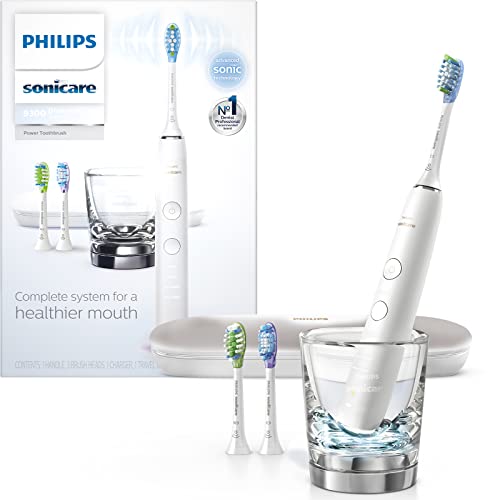
Conclusion
Both electric and battery-operated toothbrushes offer advantages over manual toothbrushes in terms of cleaning effectiveness and convenience. Electric toothbrushes provide more advanced features, such as timers, pressure sensors, and specialized brush heads, making them suitable for individuals with specific oral care needs. However, battery-operated toothbrushes are more affordable, portable, and may be a suitable upgrade for those seeking an enhanced brushing experience without the higher cost of electric toothbrushes. Consider your oral care needs, budget, travel habits, and personal preferences when making a decision. Ultimately, the most important factor is maintaining a consistent oral hygiene routine with whichever toothbrush you choose.


